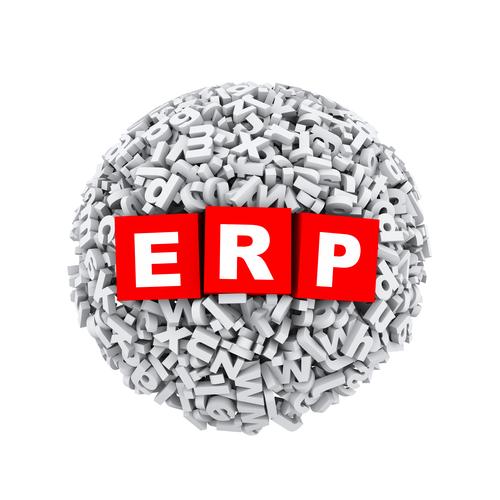
We must adapt the lessons of the past to be successful
About 18 months ago, my colleagues and I were perplexed by an increase in questions about building ERP from scratch. Why would anyone want to reinvent the wheel? Hadn’t we knocked this on its head in the early 2000s?
Around the same time, we began to notice a steady increase in queries about switching ERP vendors, how to run an RFP process, and implementation projects. We quickly came to the realisation that the majority of our clients are in some state of flux when it comes to their ERPs.
When we considered all of these questions as a cohort, we were startled to find a familiar gestalt emerged. The pattern that we’re seeing closely aligns with the late 1990s in the lead up to the Y2K crisis. Are the propellerheads correct and is history repeating?
Not exactly. History doesn’t repeat itself but sometimes it rhymes. This is one of those occasions.
There isn’t an apocalyptic Y2K type event on the horizon. However, a number of factors are coming together to create significant disruption in the ERP arena. Major vendors have announced sunsetting of products and/or are forcing a move to newer, cloud-based platforms.

Much of our workforce has never been through a major ERP implementation. In fact, I recently had someone ask me what Y2K was!
Digitalisation is creating an increasingly urgent need to renovate key systems to support more agile ways of working. Disruptive technologies such as AI, IoT, and blockchain are maturing rapidly and influencing ERP direction.
When we pause to consider what this means, we’re faced with some daunting prospects. Business itself is changing. The way we work is morphing. The technologies under consideration are still maturing.
Best practices in many areas don’t yet exist. Skill sets are scarce or non-existent. Much of our workforce has never been through a major ERP implementation. In fact, I recently had someone ask me what Y2K was!
We’re going to need to (re)educate ourselves on how to successfully select, source, implement, integrate, govern, and manage these complex systems.
We have to do this whilst ERP itself is changing. We have to do it in shorter time frames than in the past. All of this needs to be business-led, which in itself is a huge challenge, because ERP is a business project that happens to have an IT component.
History is rhyming and we must adapt the lessons of the past to be successful. We’re on a steep learning curve.
Read about the emerging technologies and think about how they might fit in your organisation. Attend events. Ask questions of vendors, consultants, and peers. Talk with Gartner analysts. Involve senior management early.
Review your ERP strategy and adjust it where necessary. Identify enthusiastic people to participate in the learning process to start building critically needed resources.
A tsunami of change is coming in ERP and we have to be ready to surf the wave.
Denise Ganly is a research director at Gartner, focusing on life cycle challenges for postmodern ERP and how these challenges are being met.
Join the CIO New Zealand group on LinkedIn. The group is open to CIOs, IT Directors, COOs, CTOs and senior IT managers.
